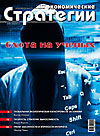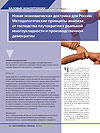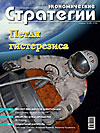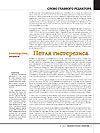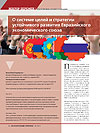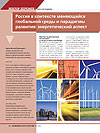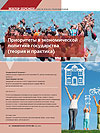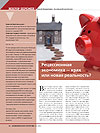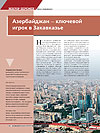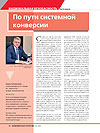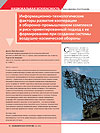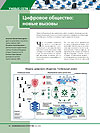New Economic Doctrine for Russia. Methodological Principles of Analysis: from Domination of Plutocracy to Real Multiformity and Industrial Democracy
A series of permanent and severe crises in Russia requires radically reform the liberal model of an open economy. The methodological basis of the analysis provides the basic theses, terms and principles of philosophy of Russian traditionalism and the modern Russian scientific tradition. Russia as the Russian Eurasia is developing on the basis of the principle of collectivism, which is the key methodological principle — the principle of methodological collectivism. The article emphasizes that the economy in traditional society is a utility area and is considered as part of the culture, a part of the whole social and living organism. Thus culture is considered as an important intangible resource of economic development, and public dynamics stands out as the social and cultural dynamics. This study allows to determine the methodological foundations of a new economic doctrine for Russia. Our ideal is a model of a just and solidarity society. We can confront the U.S. as a global Empire of evil, countering it the brotherhood of Nations, intergenerational solidarity and the higher justice.


